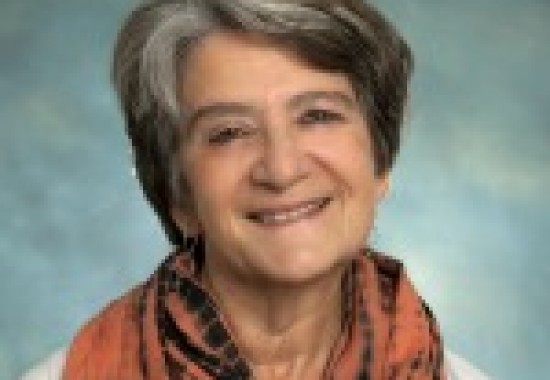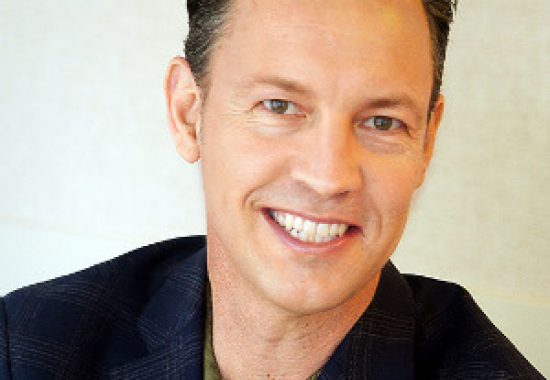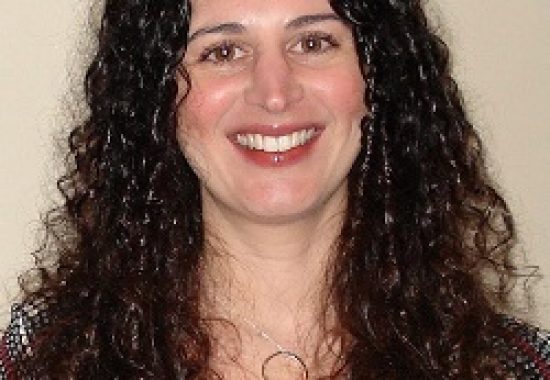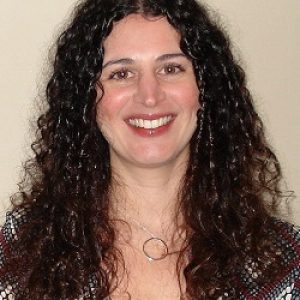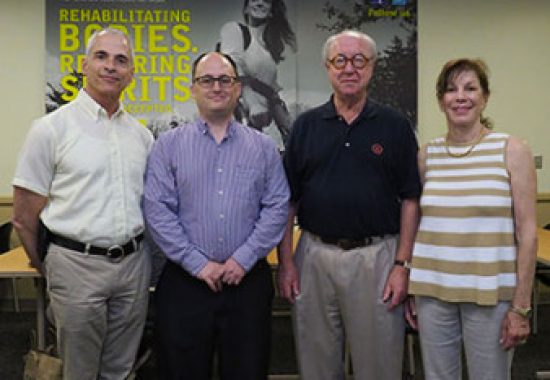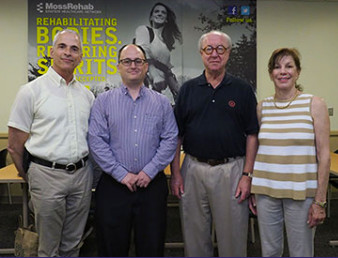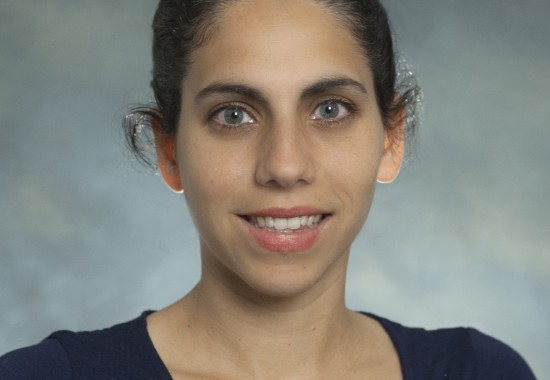Amanda Rabinowitz, PhD, director of MRRI’s Brain Injury Neuropsychology Lab, along with John Whyte, PhD, MD, and collaborators at University of Pennsylvania and Children’s Hospital of Philadelphia, contributed to a recently published study looking at the long-term effects of participation in high school football.

Amanda Rabinowitz, PhD
The study appeared in the journal JAMA Neurology. It was based on data from the Wisconsin Longitudinal Study (WLS), which has followed a random sample of Wisconsin class of 1957 high school graduates.
In a recent column in Scientific American, the study’s authors describe their results:
“We were surprised to find that playing high school football did not have a statistically significant harmful effect on later-life cognition and mental health in this sample. Moreover, it did not have an effect on anxiety, anger, hostility, or alcohol abuse later in life.” Continue Reading

